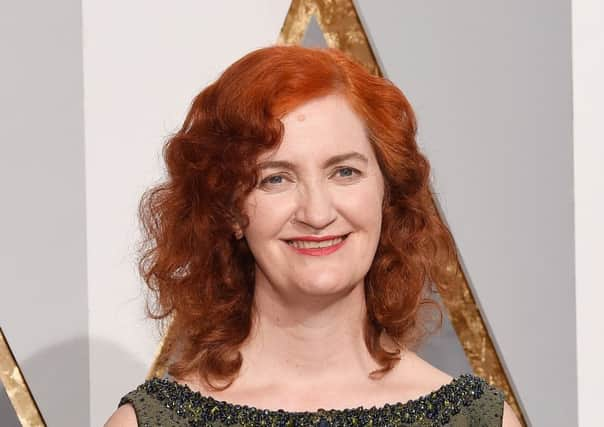Book review: The Wonder, by Emma Donoghue


Her latest work, The Wonder, is a welcome return to form. Going back to her Irish roots, Donoghue, who was born in Dublin but moved to Canada as an adult, once again reaches to fiction based upon fact for inspiration – as she did for Room, which was inspired by the horrific true-life tale of Josef Fritzl, who locked his daughter Elisabeth in a basement for 24 years.
This story is sparked by the tale of around 50 “Fasting Girls” who apparently survived without food for long periods – some for religious reasons, others not.
Advertisement
Hide AdWith shades of Arthur Miller’s The Crucible, in The Wonder we are taken into the bedroom of Anna O’Donnell, an 11-year-old girl living in rural Ireland in the 1850s, who has apparently not eaten anything for four months (save her claim that she has survived on “manna from heaven”) with no adverse effects.
English nurse Lib Wright is brought in to observe her around the clock in a bid to work out whether the phenomenon is a scam orchestrated by Anna’s attention-seeking family, or a true act of God. The intense relationship between sceptical Lib – a former “Nightingale” nurse who served in the Crimean War – and Anna, who is, for the most part, confined to her room, is reminiscent of Donoghue’s earlier literary success.
Yet, in addition to the historical context of the book, Donoghue subtly touches upon more modern issues surrounding illnesses such as anorexia, as Anna’s increasingly complex reasons for not eating unfold.
The medical details of a child who has not eaten for some time are unsettling and sometimes hard to read: “The simian fuzz on the cheeks had thickened, and it was coming in on the neck. A cluster of brown marks around the collarbone, scaly… the chamber pot held only a blackish drip.”
The ending, while perhaps not surprising, falls slightly flat, although it is difficult to think of a better way out. Within a room seems to be how Donoghue writes best – and if without that room things seem a little more shaky, we can forgive her that for the valuable time spent in it.
The Wonder, by Emma Donoghue, Picador, £14.99